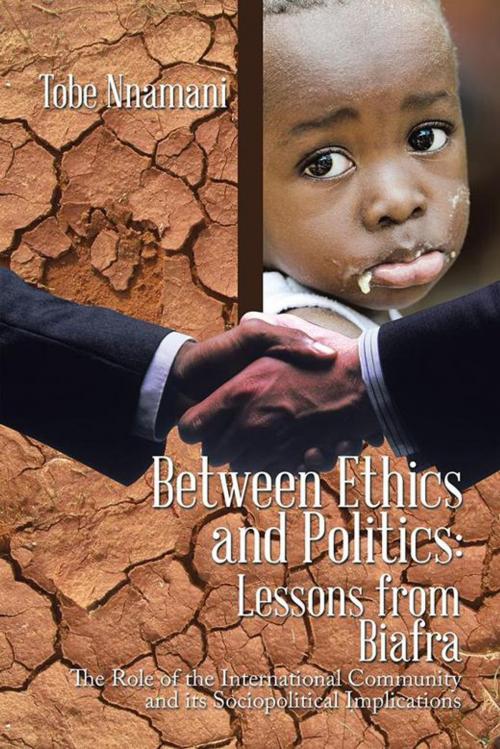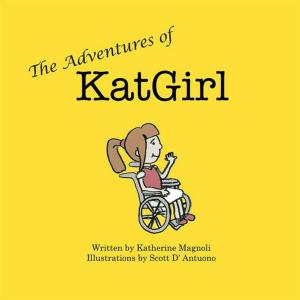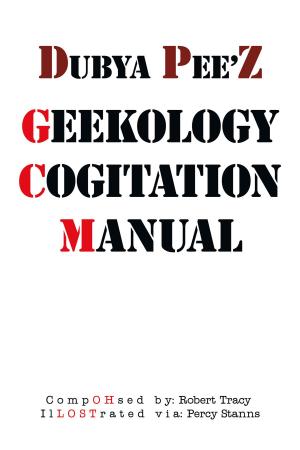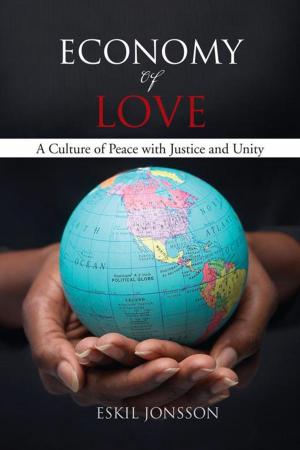Between Ethics and Politics: Lessons from Biafra
The Role of the International Community and Its Sociopolitical Implications
Nonfiction, Social & Cultural Studies, Political Science| Author: | Tobe Nnamani | ISBN: | 9781524611828 |
| Publisher: | AuthorHouse | Publication: | June 8, 2016 |
| Imprint: | AuthorHouse | Language: | English |
| Author: | Tobe Nnamani |
| ISBN: | 9781524611828 |
| Publisher: | AuthorHouse |
| Publication: | June 8, 2016 |
| Imprint: | AuthorHouse |
| Language: | English |
Although many years have elapsed since the demise of Biafra, it still remains an intractable unfinished business that seriously threatens the corporate existence of Nigeria. Most of the literature on Biafra tended to dwell more on the historical and political analysis of the war and how the factors that engendered it could be tackled. It appears however, that no ethical analysis of the issues involved in the Biafran war has been carried out in any significant academic endeavour, hence the reason and need for a critical analytical survey of the ethical and political implications of the role of the world community in the unprecedented events that took place in Biafra. The purpose of this book is, first, to understand the twist and turns of the events and issues involved in the Biafran crisis and the role the international community played in the war. Second is to articulate the complex nature of humanitarian intervention and to stress the relevance of ethics, its interpenetration, and tandem relationship with international relations on a broader level, and in particular, humanitarian intervention as a foreign policy action. The main claim of our argument is that ethics is part and parcel of international relations. Divorcing ethics from international relations leads to amorality that threatens the world order. In other words, it is argued that ethical considerations should guide international affairs and the undertaking of humanitarian intervention. Behind this basic thesis, the book defends the idea of a global ethic. Global ethic means an ethic which acknowledges respect for human life and the interconnectedness and interdependence of all human beings. It is an ethic which transcends the circumscribed confines of national boundaries and economic and geopolitical interests and opens them up to the larger urgent need, well-being, peaceful coexistence, and sustainability of the larger world community. Tobe Nnamani
Although many years have elapsed since the demise of Biafra, it still remains an intractable unfinished business that seriously threatens the corporate existence of Nigeria. Most of the literature on Biafra tended to dwell more on the historical and political analysis of the war and how the factors that engendered it could be tackled. It appears however, that no ethical analysis of the issues involved in the Biafran war has been carried out in any significant academic endeavour, hence the reason and need for a critical analytical survey of the ethical and political implications of the role of the world community in the unprecedented events that took place in Biafra. The purpose of this book is, first, to understand the twist and turns of the events and issues involved in the Biafran crisis and the role the international community played in the war. Second is to articulate the complex nature of humanitarian intervention and to stress the relevance of ethics, its interpenetration, and tandem relationship with international relations on a broader level, and in particular, humanitarian intervention as a foreign policy action. The main claim of our argument is that ethics is part and parcel of international relations. Divorcing ethics from international relations leads to amorality that threatens the world order. In other words, it is argued that ethical considerations should guide international affairs and the undertaking of humanitarian intervention. Behind this basic thesis, the book defends the idea of a global ethic. Global ethic means an ethic which acknowledges respect for human life and the interconnectedness and interdependence of all human beings. It is an ethic which transcends the circumscribed confines of national boundaries and economic and geopolitical interests and opens them up to the larger urgent need, well-being, peaceful coexistence, and sustainability of the larger world community. Tobe Nnamani















